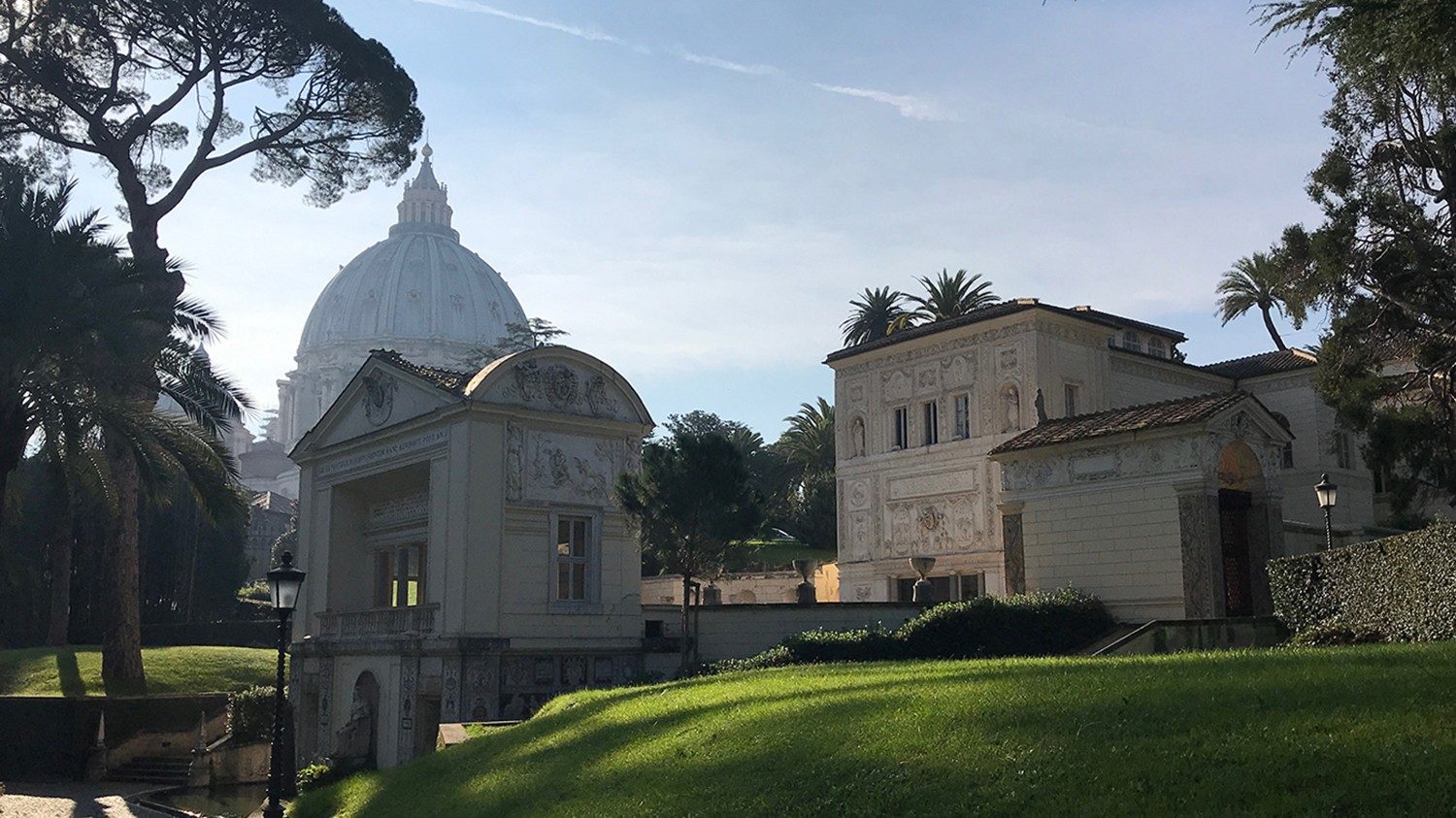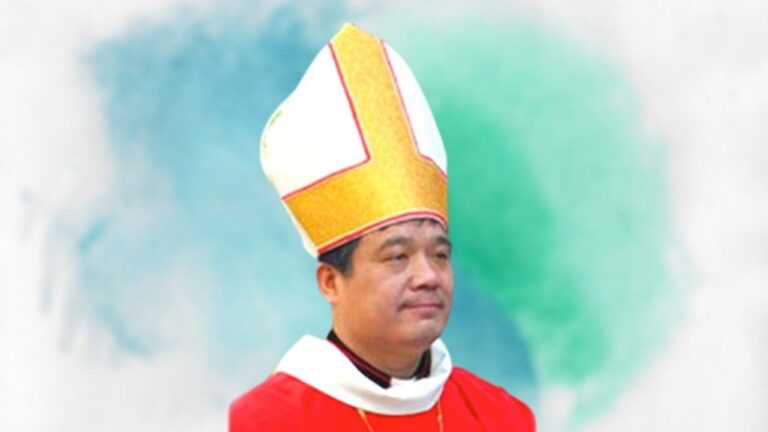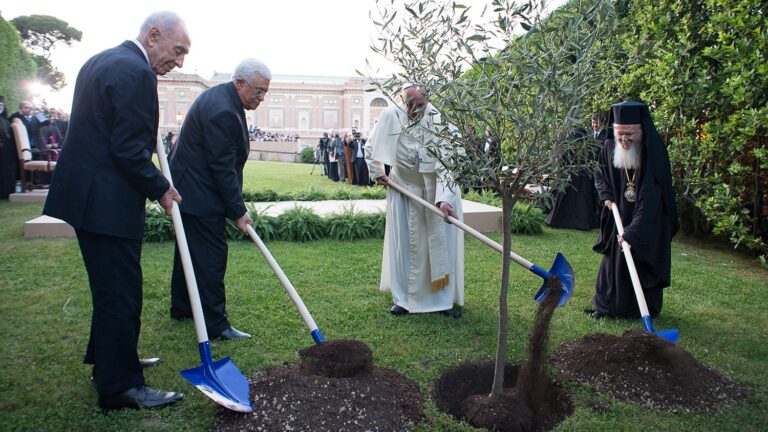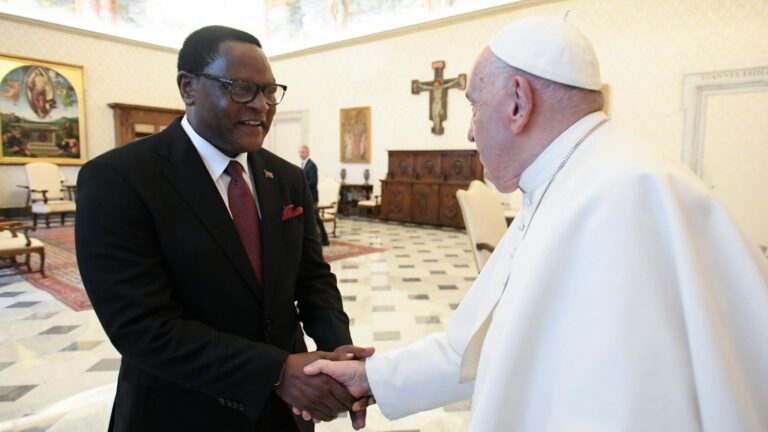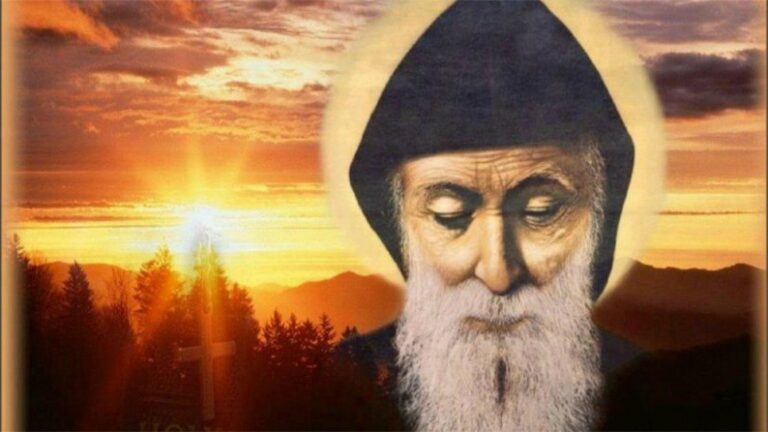Pope highlights human dignity in address to Academy of Sciences
Vatican news
In a published address to the Pontifical Academy of Sciences, Pope Francis underlines the need to consider the human and ethical dimensions of scientific and technological progress.
By Christopher Wells
As the Pontifical Academy of Sciences prepares to discuss humanity’s “profound impacts” on creation and advances in artificial intelligence, Pope Francis urged its members to keep in mind the human and ethical dimensions of scientific and technological progress.
Humanity’s Impact on Creation
In a speech prepared for the Academy’s plenary session, he noted growing concern about “the cumulative impact of human activities on creation,” described as “the Anthropocene era,” and commended the PAS for its continued work in this area, “particularly with regard to their implications for the poor and disadvantaged.”
He said: “Science, in its quest for knowledge and understanding of the physical world, must never lose sight of the importance of using knowledge to serve and enhance the dignity of individuals and humanity as a whole.”
Artificial Intelligence: Benefits and Risks
Regarding advances in artificial intelligence – the other main theme of this year’s plenary assembly – Pope Francis acknowledged the benefits of new developments, while warning of the risks associated with new technologies.
The Holy Father highlighted in particular the “negative implications” for young people and vulnerable adults, as well as the dangers of using AI to manipulate public opinion.
It is with these challenges in mind that Pope Francis recalled the message for the 2024 World Day of Peace, in which he expressed “the Church’s concern that ‘the inherent dignity of every human being and the fraternity that binds us together as members of the one human family must underpin the development of new technologies.'”
Discreet but important contributions
In his message to the members of the Academy, the Pope called for “a broader framework in which inclusive public discourse” draws inspiration both from the results of scientific studies and from greater participation “from all segments of society.”
He called for further study of the impact of AI on individuals and the international community, while commending the PAS for its work to propose regulations that will prevent risks and encourage benefits in “this complex area.”
Finally, the Holy Father thanked the members for their “quiet contributions” to the search for knowledge while recognizing their importance for “the cause of world peace and international cooperation.”
Vatican news
sc
